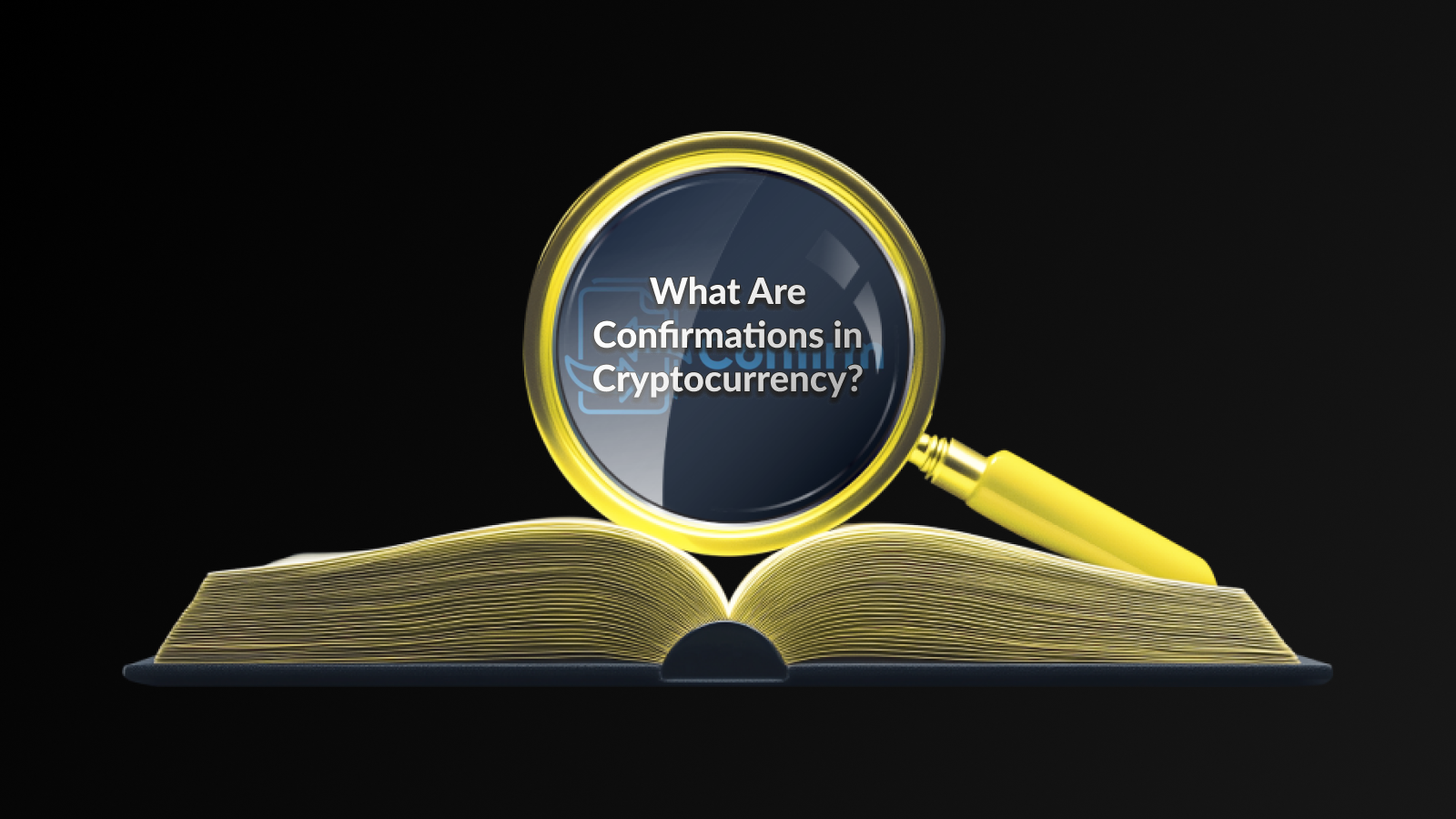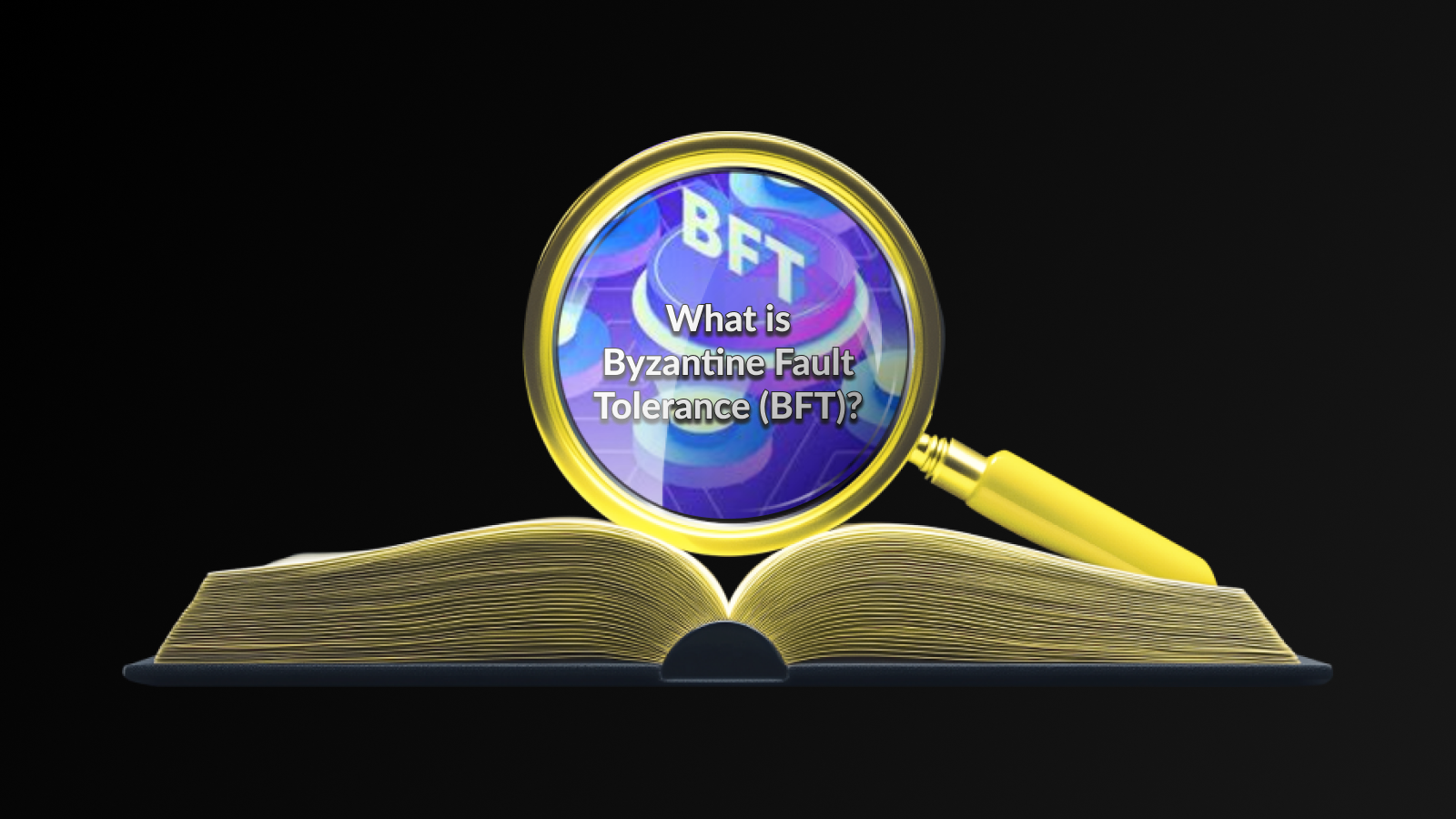Factors Influencing Confirmation Time
Several factors can significantly impact the confirmation time in cryptocurrency, affecting how quickly transactions are validated and added to the blockchain.
One of the primary factors is the blockchain confirmation time, which refers to the duration required for a transaction to be included in a block. Different cryptocurrencies have varying block confirmation times, with Bitcoin taking about 10 minutes per block, while others, like Ethereum, may be faster.
Additionally, network congestion plays a crucial role. High transaction volumes can slow down confirmation times as miners prioritize transactions with higher fees. During periods of increased demand, users may experience delays in their transactions being confirmed.
Moreover, the mining difficulty and the hash rate of the network can also influence how quickly blocks are mined. A higher hash rate means more miners are competing to solve the cryptographic puzzles, leading to faster confirmations.
The transaction fee selected by the user can affect priority. Transactions with higher fees are typically prioritized by miners, resulting in reduced confirmation times.
Why Confirmation Time Matters
Understanding confirmation time in cryptocurrency is critical for both users and developers. It directly impacts the speed and reliability of transactions within a blockchain network. A longer confirmation time can lead to delays in transaction processing, making it frustrating for users who expect quick settlements.
Moreover, the blockchain confirmation time influences the overall user experience. If users must wait too long for their transactions to be confirmed, they may choose alternative cryptocurrencies with faster confirmation processes, potentially affecting the network’s adoption and reputation.
Additionally, confirmation time has implications for security. A shorter confirmation period may mean that a transaction can be reversed or double-spent more easily, putting users at risk. A balance must be struck between speed and security to maintain user trust.
Confirmation times can directly affect transaction fees. During periods of high demand, users may have to pay more to prioritize their transactions, causing potential inequality in transaction processing. Understanding these dynamics is essential for navigating the complex landscape of cryptocurrency.
How to Reduce Confirmation Times
Reducing confirmation time in cryptocurrency is essential for improving transaction efficiency on various blockchain networks. There are several strategies that users can employ to facilitate quicker confirmations.
One effective method is to adjust the transaction fee. By offering a higher fee, users can incentivize miners or validators to prioritize their transactions, leading to faster blockchain confirmation times. This approach is particularly useful during times of high network congestion.
Another strategy involves choosing the right time to make transactions. Certain periods, like weekends or off-peak hours, might experience less traffic, resulting in quicker confirmations. Users should keep an eye on the network’s activity and plan transactions accordingly.
Additionally, opting for blockchains known for their rapid confirmation times can make a significant difference. Some cryptocurrencies are designed for quicker transaction processing, so choosing these alternatives can drastically improve the user experience.
Utilizing wallet services that offer features like transaction batching or priority fees can streamline the process further. By employing these techniques, users can effectively reduce their confirmation times, enhancing their overall experience in the cryptocurrency ecosystem.
Conclusion
Understanding confirmation time in cryptocurrency is crucial for anyone involved in blockchain transactions. This metric can significantly impact the overall user experience as well as the efficiency of digital assets. Different blockchains have varying blockchain confirmation times, which can either enhance or hinder transaction processing depending on the network congestion and the cryptocurrency being used.
Realizing the importance of confirmation time enables users to make informed decisions about when to execute transactions. This can help reduce costs and improve transaction speed, particularly during peak periods when networks are busy. Furthermore, as the cryptocurrency space continues to evolve, the mechanisms to optimize confirmation times are likely to develop, making it easier for users to navigate their transactions.
Having a solid grasp of confirmation times allows traders, investors, and users to engage more effectively with their chosen cryptocurrencies. As always, staying informed about these technical details is beneficial, ensuring that you maximize the advantages of your digital asset investments.
Effective management of confirmation times is a key aspect of enhancing the overall functionality and usability of cryptocurrencies, paving the way for a more efficient digital financial landscape.
Frequently Asked Questions
What is confirmation time in cryptocurrency?
Confirmation time in cryptocurrency refers to the amount of time it takes for a transaction to be verified and added to the blockchain by the network.
Why is confirmation time important?
Confirmation time is crucial because it determines how quickly a cryptocurrency transaction is finalized, impacting the overall efficiency and usability of the currency.
How does confirmation time vary between different cryptocurrencies?
Different cryptocurrencies have varying confirmation times based on their underlying blockchain technology and consensus mechanisms; for example, Bitcoin has an average confirmation time of about 10 minutes, whereas Ethereum typically confirms transactions in under 15 seconds.
What factors affect confirmation time?
Factors affecting confirmation time include network congestion, transaction fees, and the specific blockchain’s protocol rules.
Can I speed up the confirmation time of my transaction?
Yes, you can often speed up the confirmation time by choosing a higher transaction fee, which incentivizes miners or validators to prioritize your transaction.
What is a ‘zero-confirmation transaction’?
A zero-confirmation transaction is one that has been sent to the network but not yet confirmed; these types of transactions can be risky as they may be reversed.
How do different wallets handle transaction confirmations?
Different wallets may display confirmation status differently, with some showing pending transactions until the required number of confirmations is met, while others may let users proceed with the transaction even before confirmation.
Disclaimer
This article is intended for informational purposes only and does not constitute financial, investment, or professional advice. The cryptocurrency market is highly volatile and subject to various risks, including delays in transaction confirmation. Always conduct thorough research or consult with a financial advisor before engaging in cryptocurrency transactions or investments.





